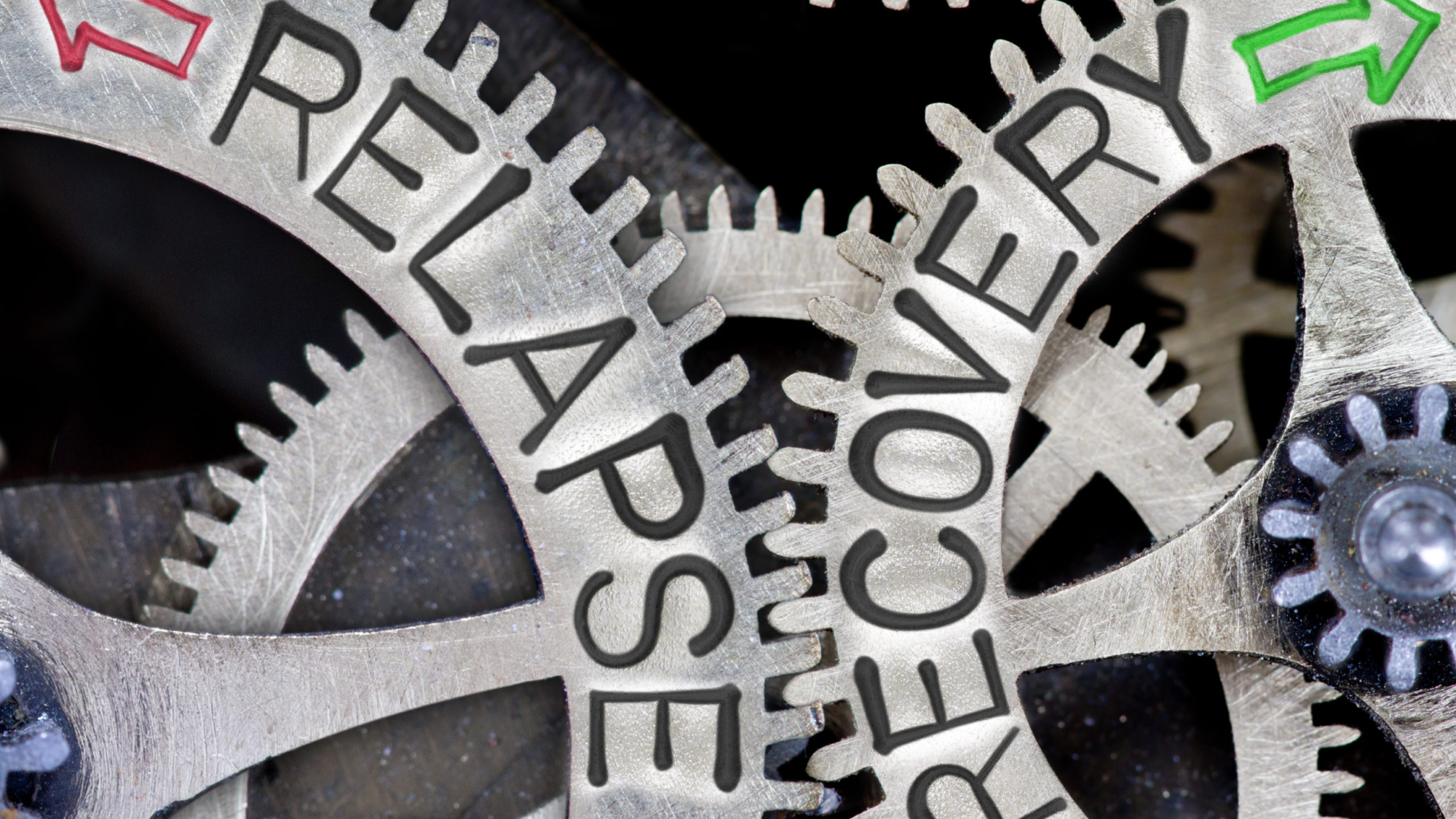It is heartbreaking to watch someone you love struggle with active addiction. It’s also hard to know how to best support them through early sobriety and long-term recovery. When your loved one is in early sobriety, you will hear a lot of talk about relapse and relapse prevention. But what does it mean to relapse? Relapsing involves picking back up drugs, alcohol, or both after having gotten sober. Relapse can happen at any time in sobriety, and that’s why relapse prevention is critical. The Last House is here to help with relapse prevention and support your loved one as they create their sober life.
What Is a Relapse?
While relapse occurs when someone starts using drugs or alcohol again, most will admit that the relapse began in their minds long before the use began. So what is a relapse? Is it the taking of any substance or just the drug of choice? The answer is it depends. There are those within the recovery community that adheres to a rigid set of standards for sobriety. The ones in this camp believe that the taking of any mind-altering substance equals relapse. Others believe that avoiding the drug of choice while taking other substances is acceptable. Finally, some strike a balance and feel that substances prescribed by a doctor do not constitute a relapse if the medication is taken exactly as prescribed.
What defines a relapse is personal. What’s more important to know is that relapses, when they happen, are not a reason for shame and do not have to last long. While relapsing can be dangerous depending on the drug used, it can also be educational. Relapsing does not eliminate the work that has been done in sobriety. Instead, a relapse should be examined for the lessons that can be used going forward.
Who Is Vulnerable to Relapse?
To some extent, everyone who is in recovery is vulnerable to relapse. Addiction is not a disease that vanishes. While it often gets easier over time, long-term sobriety still requires work. To reduce the risk of relapse in early sobriety, some basics help, including:
- Making choices that support physical and emotional well-being
- Having a stable and safe place to live
- Engaging in meaningful daily activities
- Building supportive relationships and social networks
Those in sobriety must also learn to identify and recognize their triggers. Developing a plan to address triggers, stress, and other life events is critical to long-term sobriety.
Relapse Warning Signs to Look Out for in My Loved One
It can be challenging to recognize a relapse, especially in early recovery. Many in early recovery are more emotional and moody simply because they are not using. It is not uncommon for those in early recovery to have some bouts of anger or to cry during the first several months. Recovery is not linear, and each month will bring new challenges to face. However, the signs of relapse will often be similar to the signs that your loved one was using in the first place. Moodiness may be expected, but slurred words, pinpoint pupils, and marked personality changes are not. As with many things, you have to keep the lines of communication open and trust your gut.
Live Sober With the Help of The Last House
The Last House Sober Living is a network of sober living homes in the heart of West Los Angeles. We believe in providing our clients with the tools to have a meaningful life, participate in their sobriety, and avoid relapse. Activities such as service commitments, sober parties, conventions, dances, and house outings are all a part of helping you learn how to have fun in sobriety. If you’re wondering where to start to create your sober life, The Last House is here to help.


Leave Your Comment